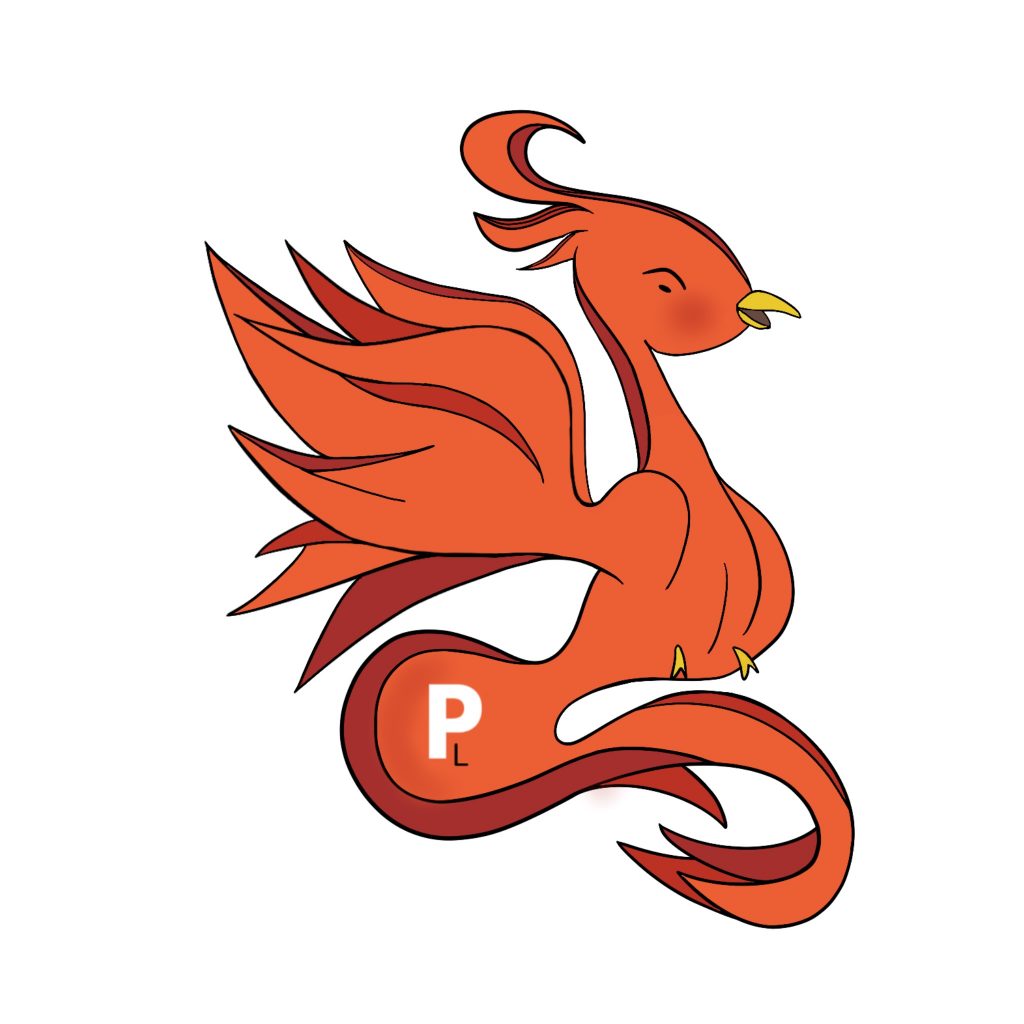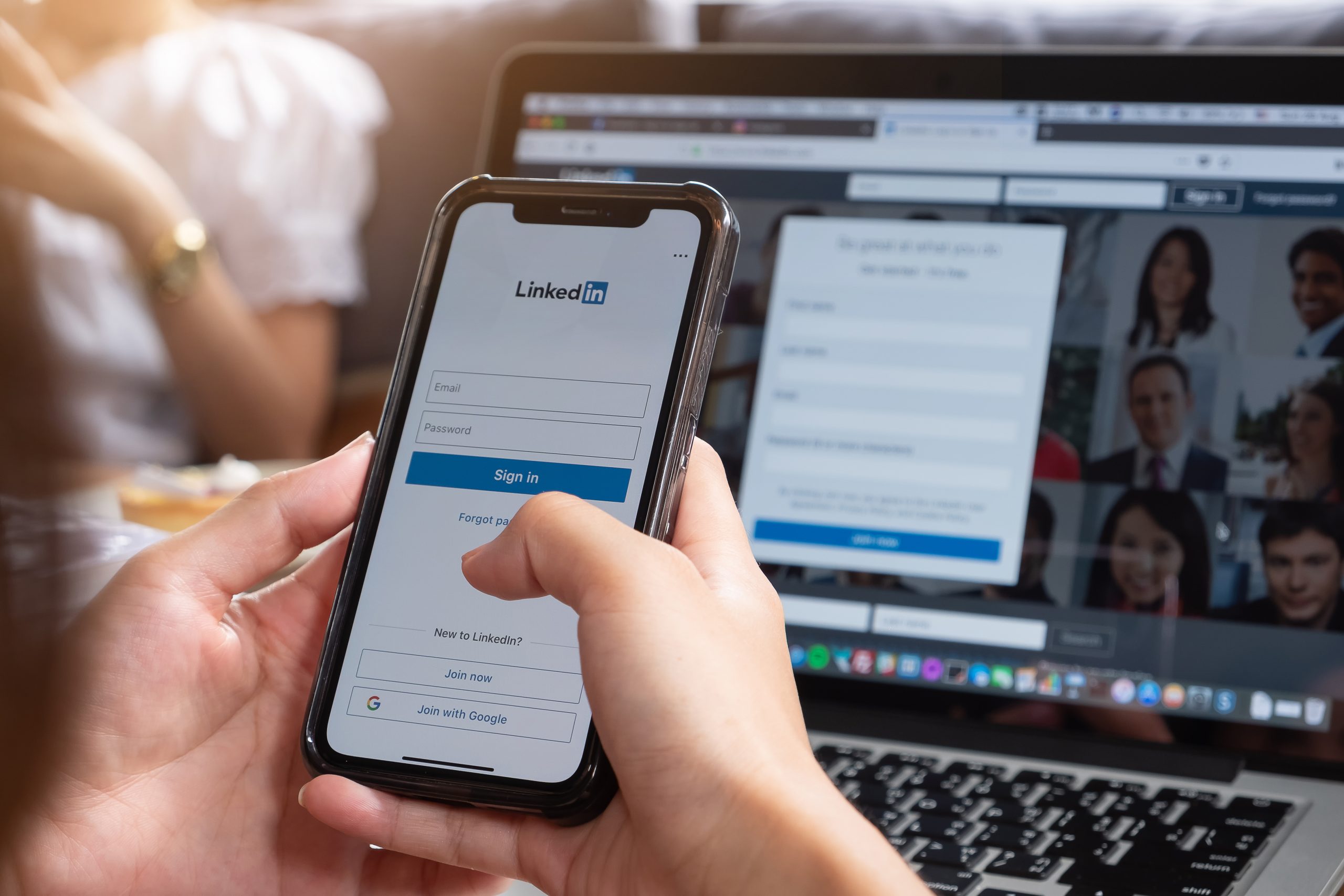Applying for jobs can be a long and arduous process that can bog you down, but now you’re over the hump!
You’ve got an interview!
Often the exciting possibility of a new job can be overlooked by stress and anxiety of interviews. Even the best talkers can be rendered speechless during an interview and when asked the question of “What’s your name?” can only manage the response of “Umm…”.
Here are our Top Ten Tips for Managing Interview Stress, so that you can go back to being excited about landing an interview for your potential new job.
We’ve split our tips into three sections; before the interview, during the interview and after the interview.
We also cover these in more depth in our “Interview Skills” module.
Before your Interview
1. Test run the commute
The place you are interviewing for could be 10 minutes away or an 1 hour away. It’s still good to do some research on the quickest and safest route there beforehand. Consider whether public transport is quicker than a taxi – is it something you could afford to keep up if you got the job? – or for those lucky enough to have a car, is the scenic route the quickest option?
2. Do some extra-curricular research on the company
You know the name of the company and where it is but what about the employees? What’s the mood of the company? What’s management like?
These are all very important questions and the easiest way to answer them is to research the company. You can check their website for base information about the company itself and you can also check their social media.
Many companies will have social media channels to help promote their brand and to interact with customers, consumers, and other businesses. We at Phoenix Learning have Facebook and LinkedIn.
Social media accounts are a good way to gauge the kind of company you could be working for; perhaps they do events? Work nights out? How often do they post? What’s the tone of the company?
3. Check you've got clean clothes for the interview
This may sound silly but there’s nothing worse than a morning panic trying to find a clean shirt without mustard stains on. A good practice to get into is to have your outfit ready the night before – washed, ironed, and sorted for the morning.
4. Pack a bag
Packing a bag is a good way to prepare for an interview.
We recommend; charging banks for phones, your CV (try putting it in a binder so it doesn’t crease or wrinkle), pens, some dry snacks, tissues, mints, notebook/laptop, and deodorant etc.
5. Save any contact information
You can picture it; you’re running late and your 4G has ran out so you can’t open the email with all the contact information on it. We’ve all been there.
A good practice to get into is making paper copies of the contact information, jot down the name of your interviewer, the number they’ve provided you with the address of the place you’re trying to get to (if you’re lost, you can always ask for directions).
During your interview
6. Remember your interviewer is human too
Interviews are nerve-racking and you can often forget that the person across from you has most likely sat where you are now when they were interviewed for their job. Interviewers know you’re nervous and will be empathetic to this, so try to relax.
7. Don’t be afraid to ask questions
Often it can be difficult to ask questions to your interviewer or ask them to rephrase the questions you don’t understand. If you don’t understand a questions they’ve asked, breathe, and ask them to rephrase the question or to give you an example of what they’re asking.
For example:
Interviewer: “How would you manage your day-to-day tasks?”
This question can seem a little daunting. The interviewer is looking to see how you manage your time in the workplace and whether you’ll be able to keep up with the pace of the workplace. They are also looking to see whether you would fit into the workplace, if they prefer notations and lists then are you able to do that? If they are a fast-paced workplace with a busy period coming up, can you keep up with that?
Interviewee: “Could you elaborate on what my day-to-day tasks would be?
This response allows you some time to gather your thoughts for a response as well as gain any insight into what you would be doing at work; job listings can be vague and unhelpful at times.
After your Interview
8. Relax – after-care is important
You’ve done the scariest part and now it’s time to breathe and relax. If you’re commuting back from the interview – via public transport – maybe watch a film, or TV series you enjoy to help you relax. Don’t be afraid to make plans to celebrate the interview.
9. Keep an eye on your emails and phone
Interviewers will most likely give you a time frame as to when they will get back to you, often this is a week or so after your interview (this can vary depending on the time frame for recruitment).
Keep an eye out for any emails from your interviewer or the company, as well as any voicemails/phone calls from them – be aware that many companies will have a private number so it may not show up as the company name when they call.
10. Send an enquiry email.
If you’re anxious about hearing back from them or forgot to mention something in the interview, don’t hesitate to send an email to the interviewer.
If you haven’t heard back from the company for over a week, send an enquiry email to ask about the interview or for an updated time frame on when you’ll hear back.
Organisation is a crucial soft skill. One aspect of organisational skills is a person’s approach to managing incoming information and distractions. Strong organisational skills infer an ability to complete your work on time despite potentially disruptive events.
Organisational skills, unlike other soft skills, can be demonstrated to potential employers almost right away. Through prompt, clear communication, an articulate and well-written CV, and by showing up to your interview well prepared and on time, you can demonstrate your value as a candidate with exceptional organisation skills before you even have the job. This is something that will not go unnoticed by employers.
Our last piece of advice would be ‘enjoy the moment’.
You’ll only get to do this interview once so be excited, have fun and most of all stay positive during the process.

By Atticus Carter
23/09/2021
Discover More
Categories
Contact Us
Read More From Phoenix Learning
How To Make The Most Out Of Your Linkedin Profile
The jobs market is changing. The days of walking into a business and handing in your CV is slowly fading...
Read More ➤Equality & Diversity: Supporting Learning Difficulties
How can employers cultivate a workplace of equity and diversity? We wanted to illustrate ways an employer can support employees...
Read More ➤The Toxicity of Hustle Culture: Why Balance is Key
When Covid haltered standard living, we were told to stay productive, keep our spirits high, find a new 'hustle'. This...
Read More ➤






